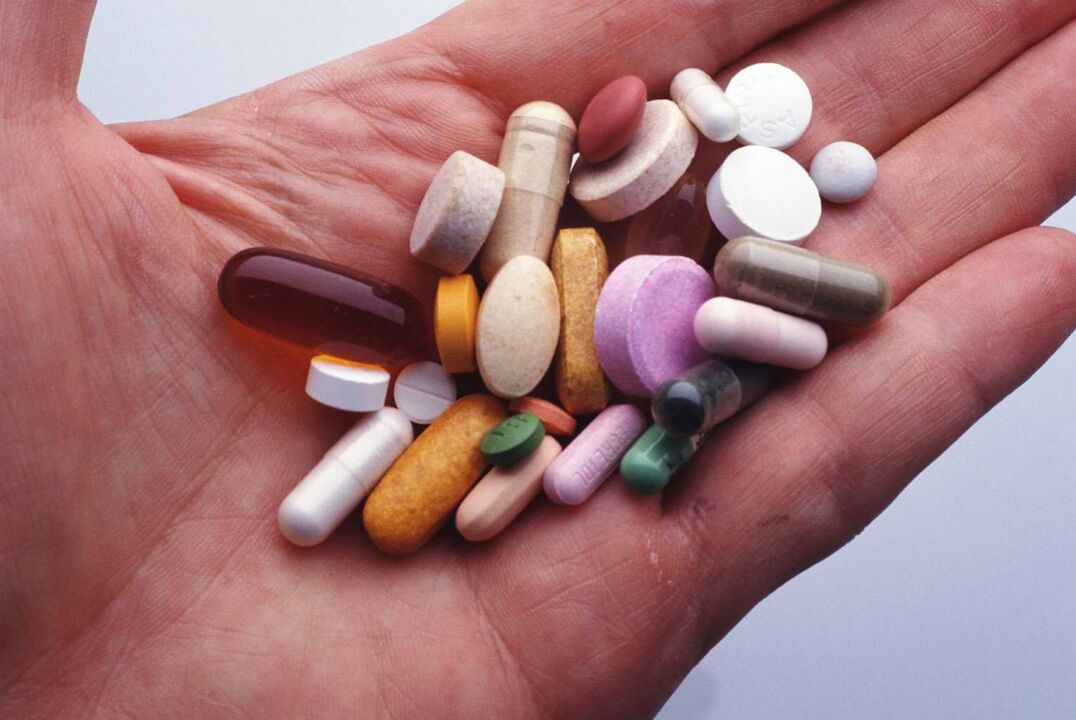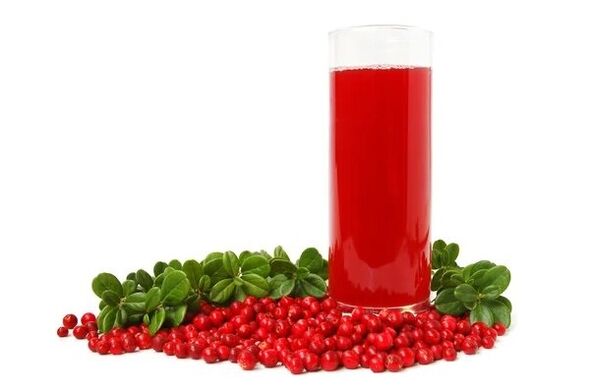Prostatitis is inflammation of the prostate gland in men. Without appropriate treatment, it becomes a chronic process that can cause a lot of discomfort from time to time. The first question that worries patients is which pills to take for prostatitis.

Classification of drugs for treatment
Both drug (tablets, injections) and non-drug (massage, physiotherapy) exposure methods are used as treatment for prostatitis. In outpatient practice, it is preferable to use pills for the treatment of prostatitis - it is both convenient and safe.
Tablets for the treatment of prostatitis can be conditionally divided into:
- Etiotropic (destroys the infection);
- Pathogenetic (eliminates stagnation in the prostate gland);
- Symptomatic (eliminate unpleasant symptoms).
Tablets are prescribed in one course - only in this case it is possible to achieve effective treatment. In each case, the treatment regimen is established individually, including sensitivity to antibiotics.
Antibacterial therapy
Antibiotics are able to destroy the pathogenic bacteria that cause inflammation in the prostate tissue and are actually the mainstay of treatment. In acute prostatitis, treatment should begin with their parenteral administration - so the drug will be delivered to the site of inflammation faster. After eliminating the acute process, 3-4 days after the start of antibiotic therapy, doctors recommend switching to drugs from the same group in the form of tablets.
Fluoroquinolone-based tablets are most effective for prostatitis - they have a wide spectrum of action and affinity for prostate tissue. The effectiveness of fluoroquinolones in the exacerbation of chronic prostatitis has been proven in a number of scientific studies. Their advantage over other antibacterial tablets is that fluoroquinolones are practically non-addictive.
The list of antibiotics usually prescribed for prostatitis can be completed with penicillins and tetracyclines. The course of taking antibacterial tablets lasts at least 7-10 days, with exacerbation of chronic prostatitis, longer treatment may be required.
Pathogenetic and symptomatic agents
One of the most unpleasant symptoms of prostatitis is difficulty urinating due to spasm of the smooth muscle fibers of the prostate gland and bladder. Alpha-blocker tablets can relax muscles and relieve spasm, making urination easier.
Alpha-blockers eliminate spasms of smooth muscles, relieve the patient's condition.
These pills should be taken for at least 6 months. Even if relief comes too early, the course must be completed to the end.
Because pain relievers and anti-inflammatory drugs are prescribed NSAIDs - they relieve pain and relieve inflammatory edema in prostatitis.
Since the course of the disease can be accompanied by depression and bad mood due to the disruption of sexual life and pain, sometimes sedatives are included in the complex therapy of prostatitis. They can vary in strength, as some men need mild herbal remedies (valerian or mother tincture), while others need stronger pills.
But there is another new way out in the treatment of the prostate gland - a patch for prostatitis. It has proven to be an excellent remedy for prostatitis, and now almost every doctor recommends it to their patients.
Treatment with sulfonamides

Treatment with sulfa drugs is effective with the simultaneous use of cranberry juice.
Medicines destroy pathogens of chronic prostatitis such as Proteus, Escherichia coli, staphylococci and streptococci. Despite the low price of the tablets and long-term use, bacterial resistance to them has not been formed.
Medicines for prostatitis should be taken for a long time - at least 3 weeks, and the daily dose should correspond to the maximum. Improvement is noticeable on the third day of treatment. After the first course, it is important to take a break for a month and then repeat. According to reviews, the treatment will be more effective with the simultaneous use of cranberry juice.
Sulfanilamides are not suitable for all patients, there are a number of limitations for their treatment:
- diseases of the hematopoietic system;
- hypersensitivity to sulfonamides;
- liver and kidney disorders.
Among the side effects, vomiting, nausea and allergic reactions can be noted more often than others. Agranulocytosis is rarely noted.
Prevention
Prevention of prostatitis is based on a healthy lifestyle. To avoid this, it is recommended to follow the following principles:
- having regular sex with a regular partner;
- treat urogenital infections in time;
- doing sports, leading an active lifestyle;
- avoid hypothermia, especially in the pelvic region;
- eat right.
Prevention of exacerbation of chronic prostatitis by means of traditional medicine consists of regular inclusion of honey, nuts, dried fruits, and pumpkin seeds in the diet, which contain many useful substances for the prostate gland. Of course, it is important to know about pills that help prostatitis, but it is better to treat under the supervision of a urologist.















